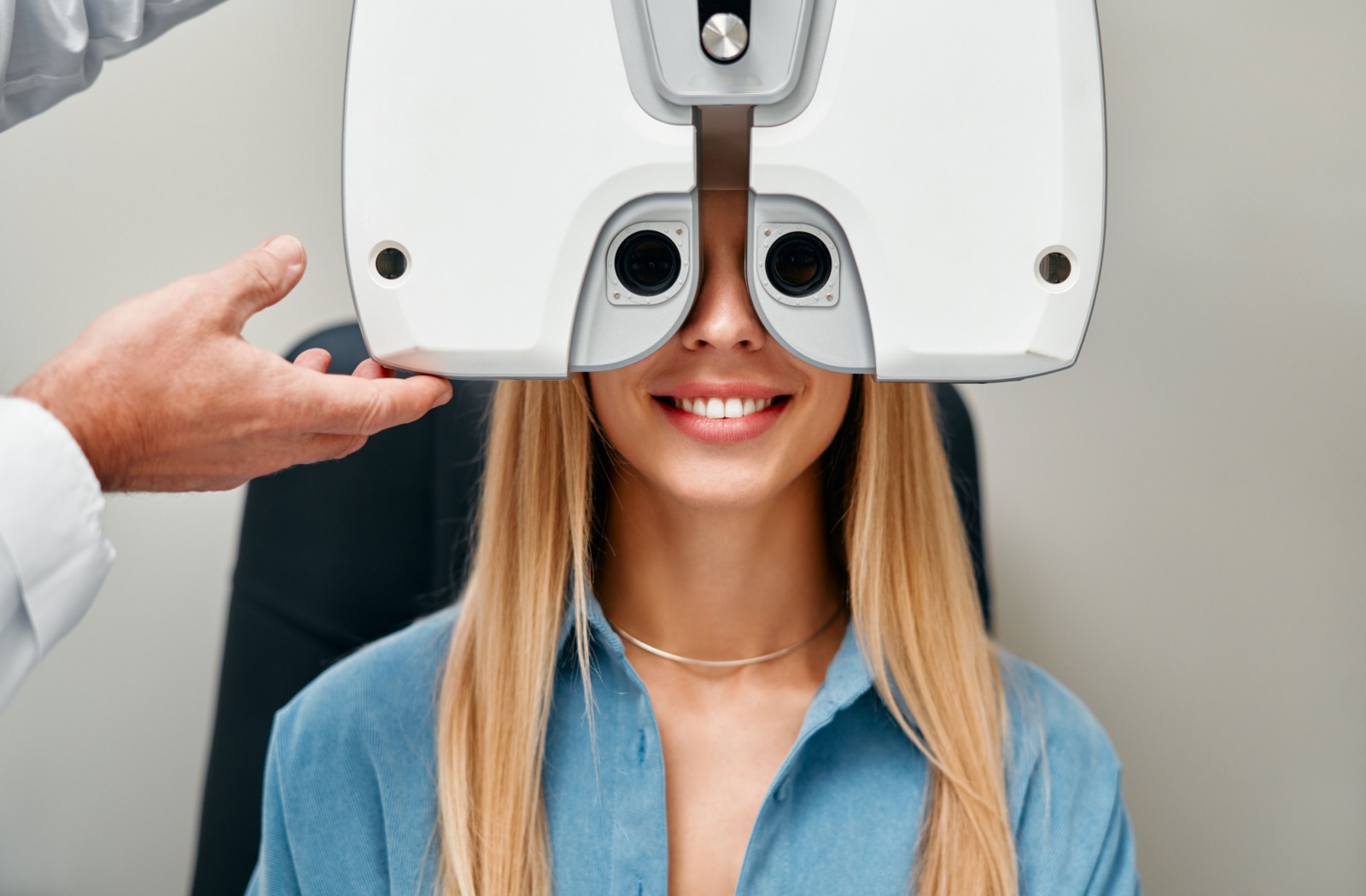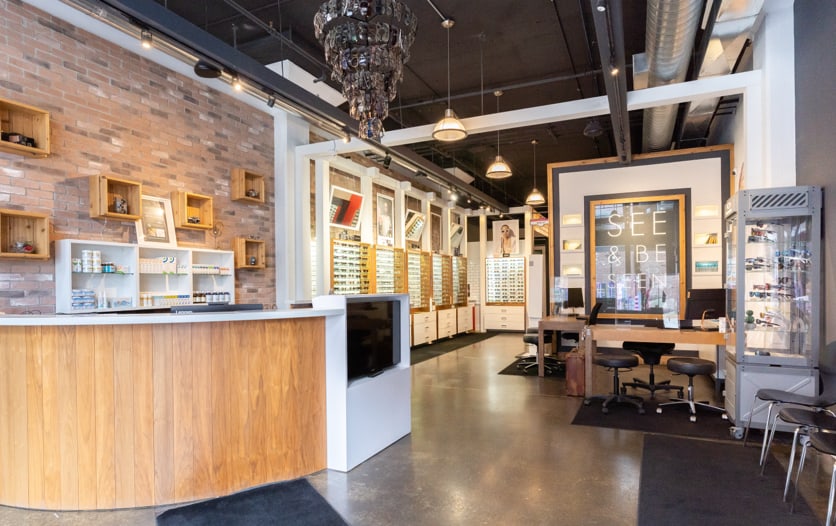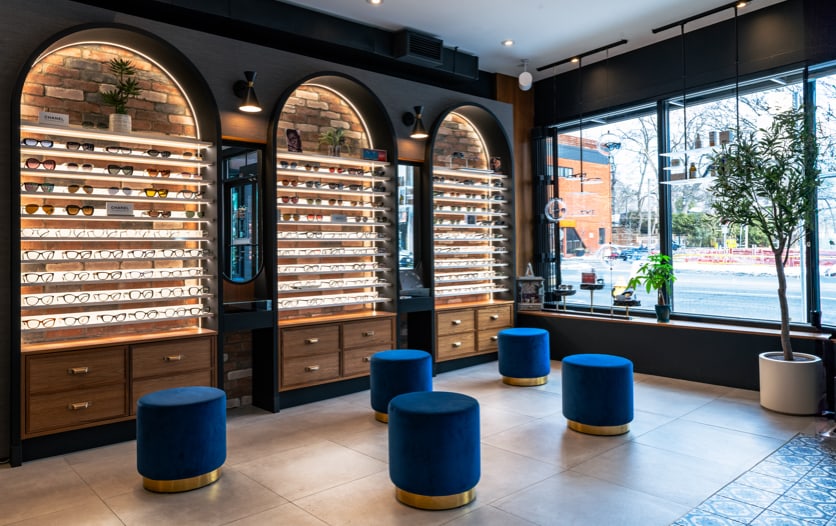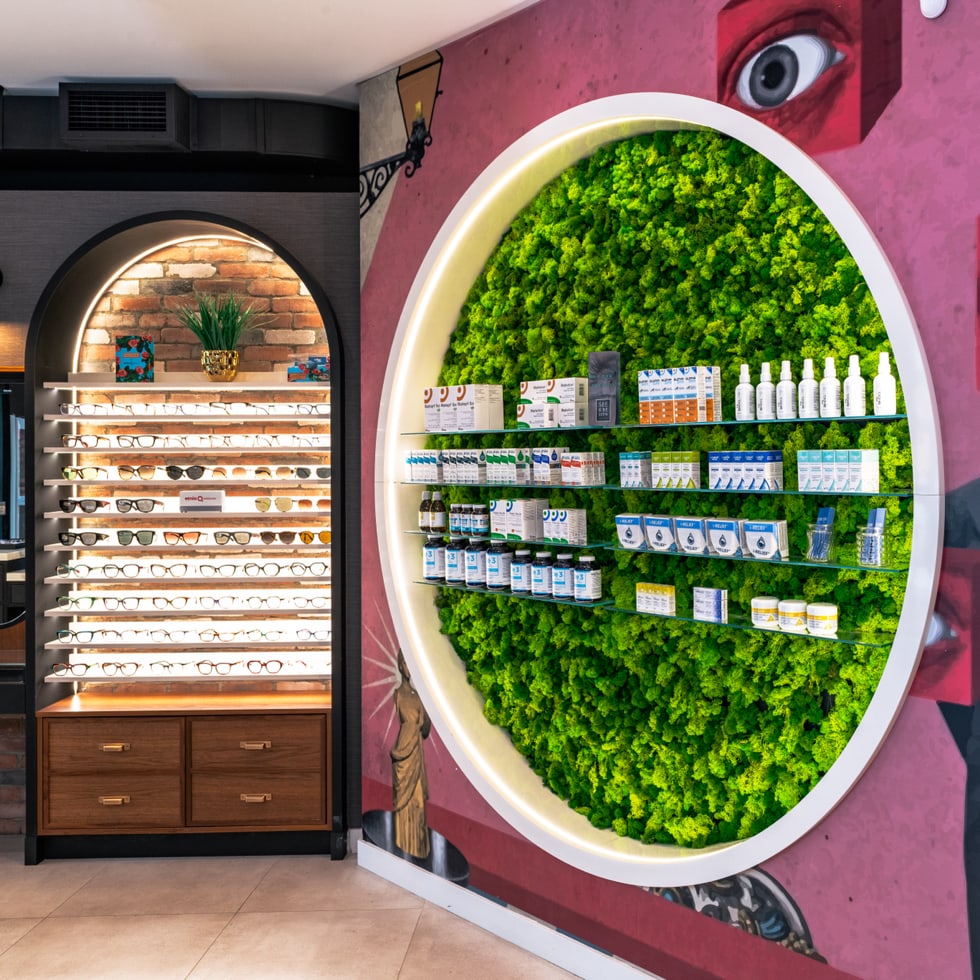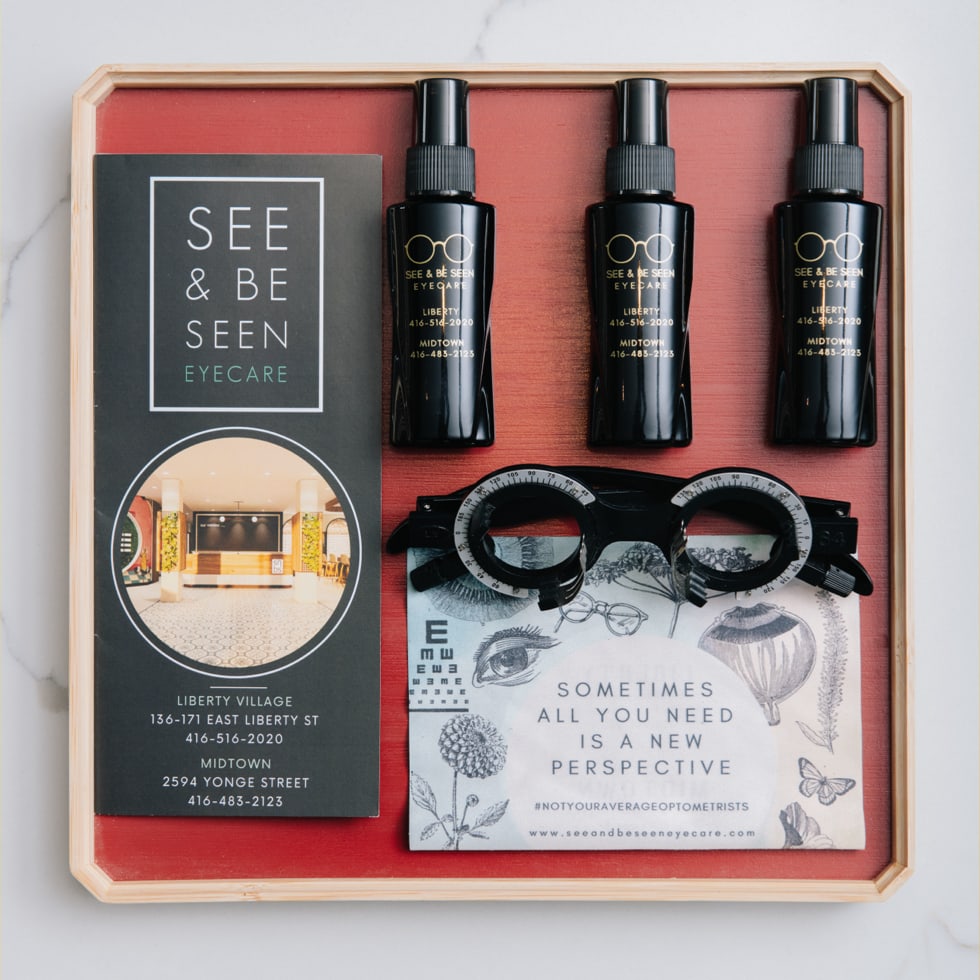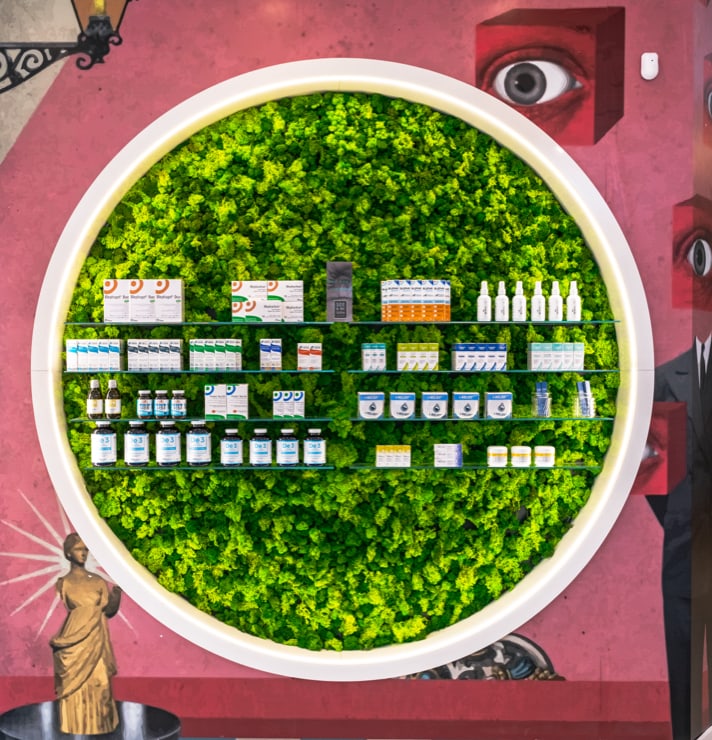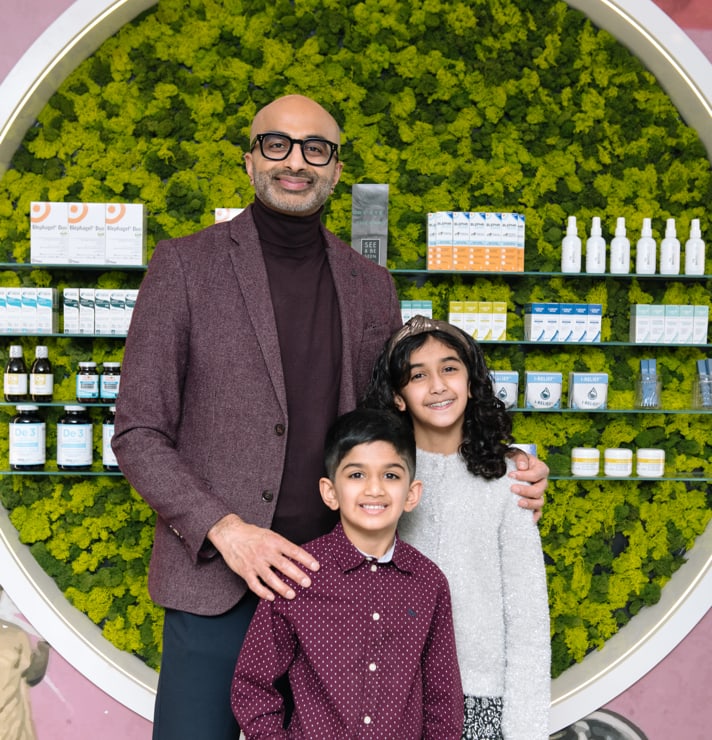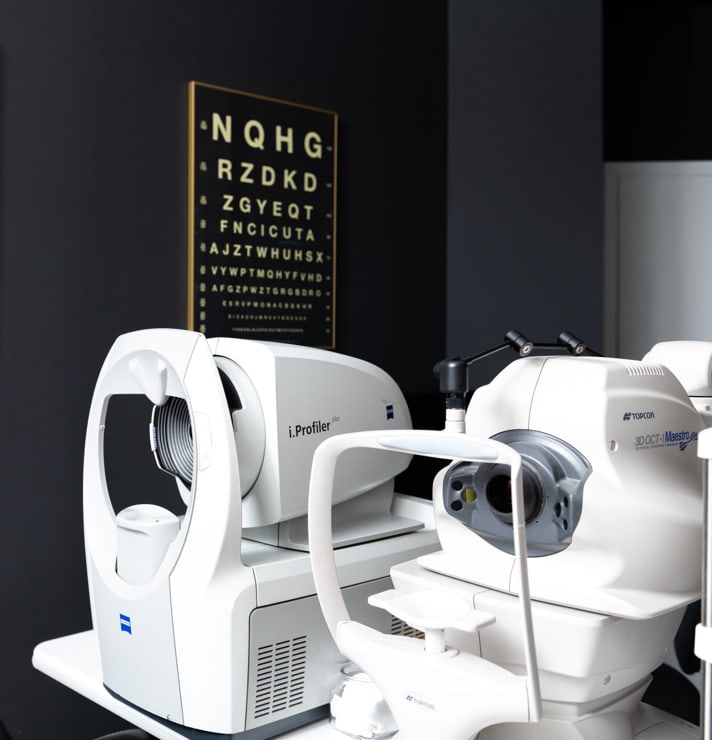Regular eye exams are essential for maintaining good eye health. Understanding the duration and components of an eye exam can help alleviate concerns and make the process smoother.
On average, a typical eye exam can take anywhere from 30 minutes to an hour. The duration can vary depending on several factors, including the complexity of the vision tests required, the patient’s overall eye health, and whether or not the patient needs to have their pupils dilated for a more thorough examination.
At See & Be Seen Eyecare, we want you to feel informed and comfortable, so let’s break down everything else you need to know about eye exams.
Why Get Regular Eye Exams?
Eye exams play a crucial role in detecting vision problems and eye diseases early. In an age where screens dominate our daily lives, prioritizing eye health is more important than ever.
Whether you’re experiencing vision changes or it’s time for your routine checkup, knowing how long an eye exam takes can help you plan your visit better.
What Does an Eye Exam Entail?
An eye exam isn’t just about checking your vision—it’s a comprehensive evaluation of your eye health. During an eye exam, your eye doctor will:
- Assess your visual acuity
- Test for refractive errors (such as myopia, hyperopia, and astigmatism)
- Check the health of your retina and optic nerve
- Evaluate how well your eyes work together
- Measure intraocular pressure to screen for glaucoma
- Evaluate for macular degeneration
These tests are designed to check that your eyes are in optimal condition and to help detect potential issues early.
Components of a Typical Eye Exam
Patient History
- Duration: 5–10 minutes
- The optometrist will ask about your medical history, family history of eye conditions, and any vision problems you may be experiencing.
Pre-Exam Tests
- Duration: 10–15 minutes
- These tests may include a visual field test, a colour vision test, and a depth perception test.
Visual Acuity Test
- Duration: 5–10 minutes
- You’ll read from an eye chart to determine how well you see at various distances.
Refraction Assessment
- Duration: 10–15 minutes
- This test determines your exact prescription for glasses or contact lenses.
Eye Health Evaluation
- Duration: 10–20 minutes
- The optometrist will examine the front and inside of your eyes using specialized equipment.
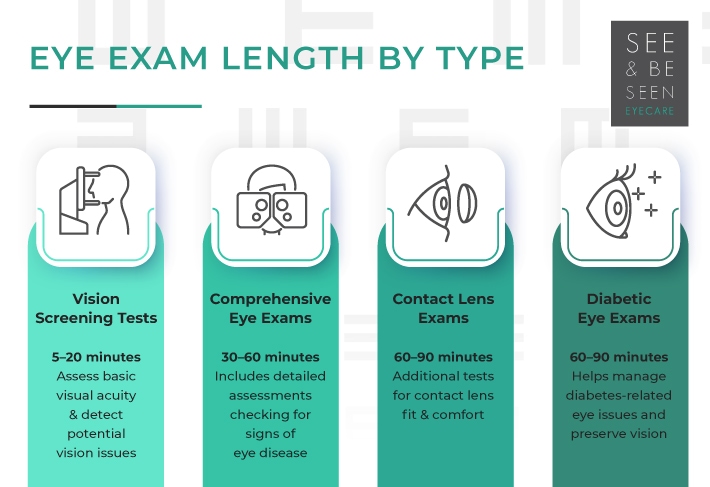
Factors Affecting the Duration of an Eye Exam
Several factors can influence how long an eye exam takes, including:
- Age and health: Younger patients or those with no significant eye issues may require less time.
- First-time visits: Initial visits often take longer due to a comprehensive history and baseline measurements.
- Complexity of vision problems: More complex cases or specific concerns may require additional tests and time.
- Additional services: If you need contact lens fitting or dilation, the exam duration will increase.
Different Types of Eye Exams & Their Durations
Vision Screening Tests
Vision screening tests are quick assessments designed to identify potential vision problems and determine the need for further evaluation. These screenings are typically brief and serve as a preliminary step in assessing overall eye health. These tests are commonly administered in schools.
- Duration: 5–20 minutes
- Assess basic visual acuity and detect potential vision issues in children.
Routine/Comprehensive Eye Exams
These exams typically take between 30 minutes to an hour and are essential for maintaining general eye health and updating prescriptions for glasses or contact lenses.
Routine eye exams are recommended annually or biennially, depending on age, health, and risk factors. They encompass a thorough assessment of visual acuity, refractive errors, and eye health.
For patients with specific vision concerns or pre-existing conditions, comprehensive eye exams involve an in-depth eye health evaluation, often including additional tests such as retinal imaging or visual field testing.
These exams are crucial for diagnosing and managing chronic eye conditions like glaucoma, macular degeneration, or diabetic retinopathy.
- Duration: 30–60 minutes
- Includes detailed assessments and is recommended for those with specific eye concerns or a history of eye conditions.
Contact Lens Exams
Contact lens exams are designed to fit patients with contact lenses and include additional tests beyond routine eye exams.
During this type of exam, the optometrist will measure the curvature of your cornea, assess your tear film to make sure that your eyes can handle contact lenses, and provide a trial pair of lenses to check their fit and comfort. Detailed instructions on inserting, removing, and caring for your lenses will also be provided.
- Duration: 60–90 minutes
- Additional tests are often required to determine the proper fit and comfort of contact lenses.
Diabetic Eye Exams
Diabetic eye exams are essential for individuals with diabetes, as they are at a higher risk for eye conditions such as diabetic retinopathy, glaucoma, and cataracts.
During a diabetic eye exam, your eye doctor will perform a series of specialized tests to monitor and manage your eye health. These tests may include dilation, retinal imaging, fluorescein angiography, and visual acuity and pressure tests.
- Duration: 60–90 minutes
- Helps manage diabetes-related eye issues and preserve vision.
Tips for Optimizing Your Time During an Eye Exam
To help optimize your time during an eye exam, you should:
- Arrive early: Give yourself a buffer by arriving 10–15 minutes early to complete any necessary paperwork.
- Bring your medical history: Having your medical and vision history ready can speed up the initial consultation.
- Prepare questions: Write down any questions or concerns you have about your vision to discuss with your optometrist.
Prioritize Your Eye Health Today
Timely eye care is vital for maintaining optimal vision and overall health. At See & Be Seen Eyecare, we are committed to providing comprehensive and efficient eye exams tailored to your needs. By understanding the duration and importance of eye exams, you’re taking a crucial step toward better eye health. Now that you know what to expect, why not prioritize your eye health? Book your next eye exam with us today.

